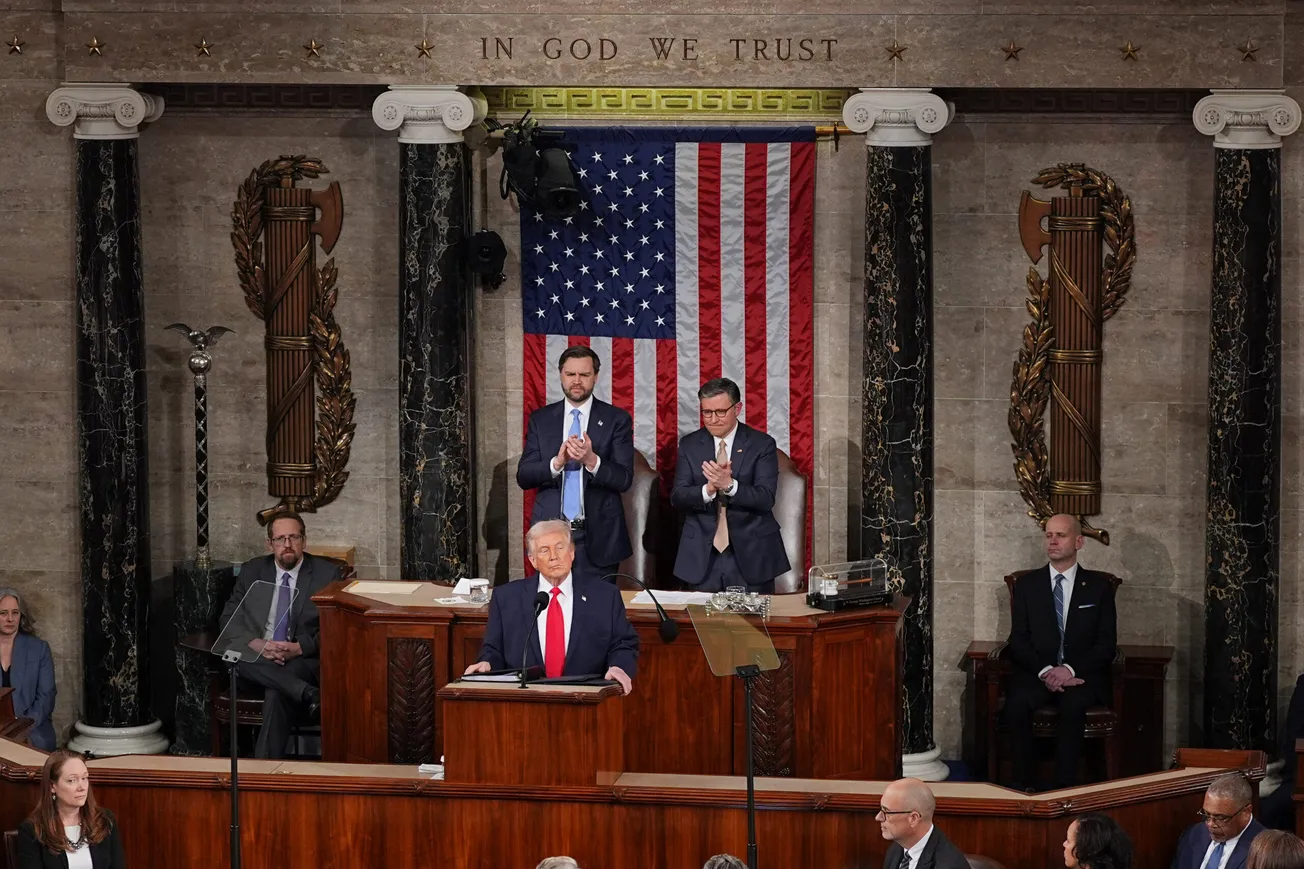Table of Contents
When speaking about the Middle East, it is common to hear about the “need” and “desire” for Palestinian statehood. But exactly what kind of state do the Palestinians want and what are the roots of Palestinian nationalism?
Historically, the Palestinian “desire for statehood” and “need for liberation” was invented in large part by the Soviet Union. It is no coincidence that the blueprint for the PLO Charter was drafted in Moscow in 1964 and was approved by 422 Palestinian representative hand selected by the KGB. At that time, the USSR was in the business of creating people’s liberation fronts. The KGB founded the PLO as well as the National Liberation Army of Bolivia (1964) with Ernesto “Che” Guevara at its head and the National Liberation Army of Colombia (1965).
These “liberation fronts” were seen by the USSR as centers of Marxist indoctrination and opposition to democratic and capitalist movements. In the Middle East, the only foothold of the democratic west is Israel; nurturing the PLO to undermine Israel was therefore quite natural for the Soviets, who not only helped fund and establish the PLO but also trained and supplied its terrorist operations.
To understand the PLO’s conception of a Palestinian state, it is instructive to examine Article 24 of the original PLO Charter. It reads: “this Organization [the PLO] does not exercise any regional sovereignty over the West Bank in the Hashemite Kingdom of Jordan, in the Gaza Strip or the Himmah area.” If not the West Bank and Gaza, then what exactly what did, the PLO claim? The Palestine that the PLO wanted was in fact the State of Israel.
Consider that it was not until 1968 that Article 24 was amended to include a claim on the West Bank and Gaza. At the time of the original drafting, Jordan and Egypt controlled the West Bank and Gaza after unilaterally and illegally annexing them following the War of Israeli Independence in 1948. It was only after Israel had gained these territories in the War of 1967 that the Palestinian Arabs declared an interest in controlling them.
The evidence that simple autonomy in the West Bank and Gaza was never the PLO’s true goal is everywhere. In 1970, US Secretary of State William Rogers suggested that the West Bank and Gaza be given up by Israel in return for peace and recognition. This plan was accepted by Israel, Jordan, and Egypt. Only Yasser Arafat, leader of the PLO, rejected it, opting instead to attempt an overthrow of Jordan’s King Hussein.
The evidence runs deeper. Yassir Arafat, who was head of the PLO until 2004, was under the direct tutelage and control of the KGB. Ion Mihai Pacepa, KGB officer and onetime chief of Romanian Intelligence, was assigned to handling Arafat. Pacepa recorded several of his conversations with Arafat when they met in Romania at the palace of brutal dictators Nicolai and Elena Ceausescu. In these conversations, Arafat unequivocally states that his sole aim is to destroy Israel.
Pacepa and the KGB were delighted. They consulted General Giap, a close associate of Ho Chi Minh, who was involved with the North Vietnamese propaganda effort during the Vietnam War. Giap recommended to Arafat that he “stop talking about annihilating Israel and instead turn your [Arafat’s] terror war into a struggle for human rights.” It had worked in Vietnam, he claimed, because transforming the conflict from one of ideologies (Socialism vs. Capitalism) to one of an “indigenous” people’s struggle for liberty had turned the tide of popular support in the West against the war.
Similar advice was provided to Arafat by Muhammed Yazid, minister of information in two Algerian wartime governments. He wrote “wipe out the argument that Israel is a small state whose existence is threatened by the Arab States, or the reduction of the Palestinian problem to a question of refugees; instead present the Palestinian struggle as one for liberation like the others. Wipe out the impression that in the struggle between the Palestinians and Zionists, the Zionist is the underdog. Now it is the Arab who is oppressed and victimized in his existence because he is not only facing the Zionists but also world imperialism.”
Yasser Arafat heeded this advice, and with the help of bi-weekly plane-loads of Soviet supplies brought in through Damascus as well as the Soviet propaganda machine, he began to portray the Palestinian Arabs as a supposedly indigenous population whose human rights were being tarnished by Israel.
The fact is that after the War of 1967, Israel inherited Arab refugees living in the West Bank and Gaza that were forced to live there in the period of Egyptian and Jordanian control from 1948 to 1967. Israel immediately offered to return the lands it won in 1967 (West Bank, Gaza, Sinai, and the Golan Heights) in return for a peace treaty. This offer was rejected by the Arab countries in the Khartoum Conference (Aug. 29- Sep. 1, 1967). In Arafat’s authorized biography, Arafat: Terrorist or Peace Maker, Arafat claims this moment as one of his greatest diplomatic victories.
It is telling that Zahir Muhse’in, member of the Palestinian Liberation Organization (PLO) Executive Committee, said the following in a 1977 interview with the Amsterdam-based newspaper Trouw. “The Palestinian people does not exist. The creation of a Palestinian state is only a means for continuing our struggle against the state of Israel for our Arab unity. In reality today there is no difference between Jordanians, Palestinians, Syrians, and Lebanese. Only for political and tactical reasons do we speak today about the existence of a Palestinian people, since Arab national interests demand that we posit the existence of a distinct ‘Palestinian people’ to oppose Zionism.”
Palestinian nationalism is therefore a historical fabrication born out of a communist thirst for expansion and an Arab resentment of the existence of Israel. The “need” and “desire” for Palestinian is a veiled expression of the “need” and “desire” to end Israel’s existence.




